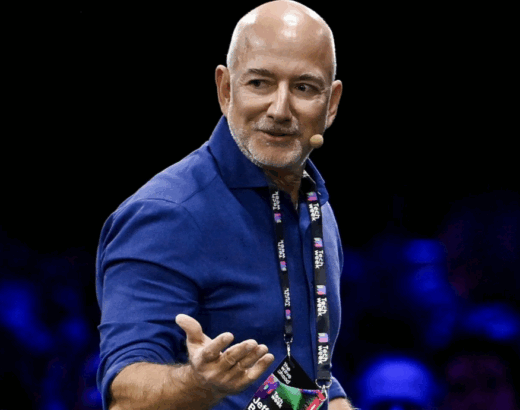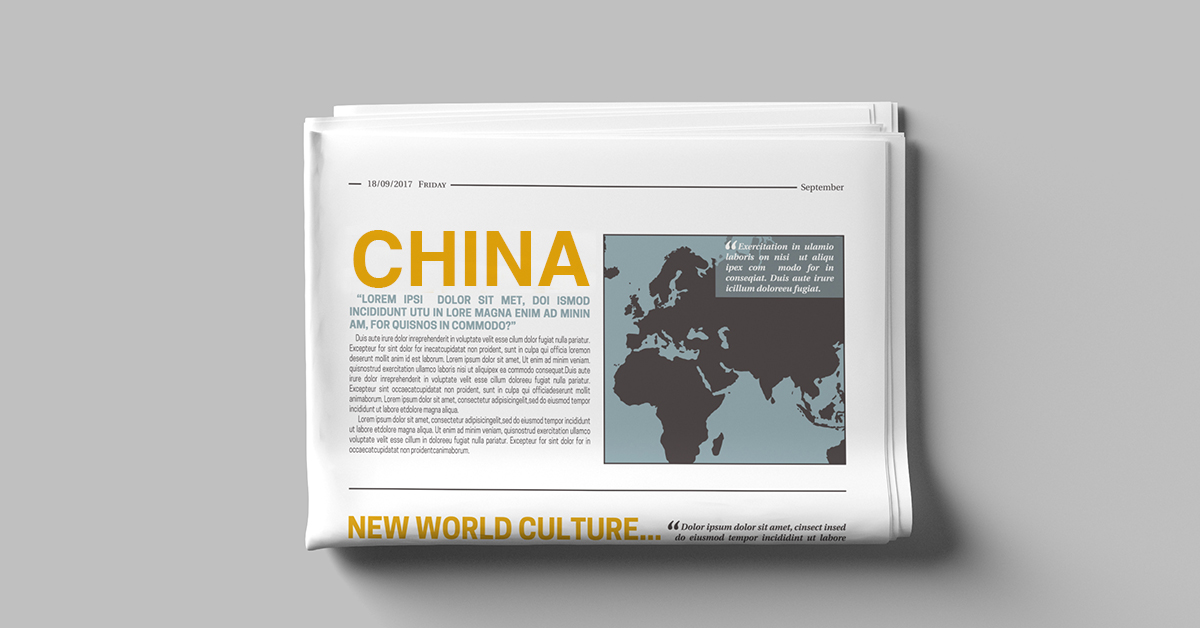China to Launch World’s First Commercial Underwater Data Center Off Shanghai
In an ambitious bid to cut data centers’ massive energy use, Chinese firm Highlander plans to submerge a server pod off Shanghai this month—one of the world’s first commercial underwater data centers. The capsule, developed with state-owned partners, will serve clients like China Telecom and draw over 95% of its power from offshore wind farms. Cooling servers with ocean currents could reduce energy use for cooling by up to 90%, offering a green alternative to power-hungry land-based centers. Supported by ¥40 million (US$5.6 million) in government subsidies, the project marks China’s latest experiment in sustainable AI infrastructure.
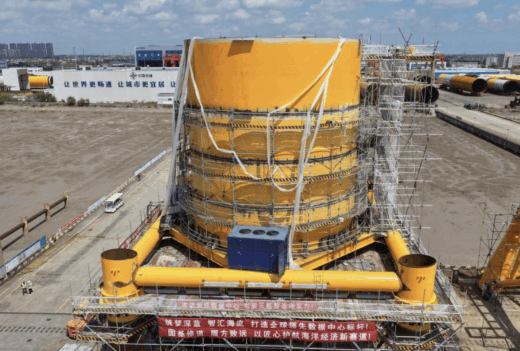
China’s Zhipu AI Says Superintelligence Could Emerge by 2030 but With Limits
Zhipu AI CEO Zhang Peng said artificial superintelligence (ASI) could arrive by 2030, but would likely surpass humans only “in some aspects,” not overall. Speaking at the launch of Zhipu’s new GLM-4.6 large language model, Zhang cautioned that ASI remains a vague concept despite predictions from OpenAI’s Sam Altman and SoftBank’s Masayoshi Son. Founded in 2019 as a Tsinghua University spinoff, Zhipu has become a front-runner in China’s AI race, expanding overseas and eyeing a mainland IPO.

U.S. Labels China’s DeepSeek “Adversary AI” Over Security and Performance Gaps
A new U.S. Commerce Department report has labeled China’s DeepSeek an “adversary AI,” citing security flaws, censorship risks, and weaker performance than U.S. rivals like OpenAI’s GPT-5. The study found DeepSeek aligns with Chinese state narratives 25.7% of the time when prompted in Chinese and is easier to “jailbreak” for misuse. Still, Chinese firms are gaining ground: DeepSeek downloads jumped 1,000% this year, and Alibaba Cloud’s Qwen models now rank second globally after OpenAI. Despite scrutiny, DeepSeek’s 50% price cuts and open-weight access are fueling its rapid global adoption.
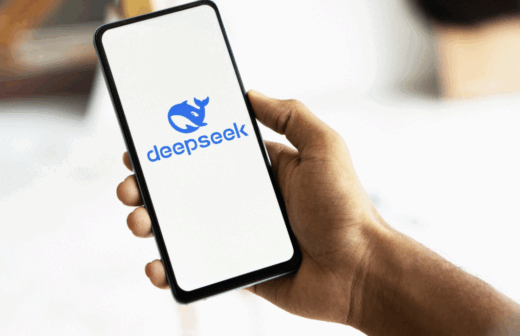
Instagram Chief Denies “Listening” Myth as Meta Expands AI-Driven Ad Targeting
Instagram head Adam Mosseri has once again denied that Meta secretly listens to user conversations for ad targeting, calling the long-standing theory a “myth.” Yet, his comments arrive just as Meta prepares to roll out AI-enhanced ad targeting, which will use data from user interactions with Meta’s AI products across Instagram, Facebook, and other apps. The new privacy policy, allows this AI-derived data to inform ad recommendations. Mosseri insists the system’s accuracy comes from advertiser data and user behavior, not microphones, but privacy critics note the irony that Meta will not need to listen when users are already talking to its AI.
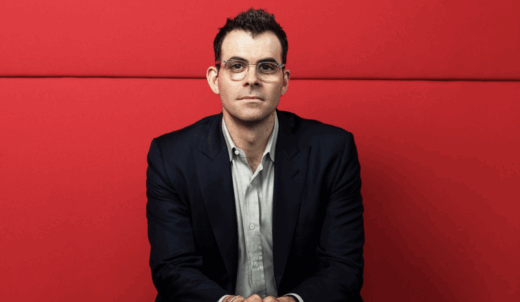
Investors Warn of AI Startup Valuation Bubble Amid Record Funding
At the Milken Institute Asia Summit in Singapore, top global investors warned that AI startup valuations are becoming overheated, even as venture capital funding hits record highs. GIC’s Bryan Yeo called the surge “a little bit of a hype bubble,” noting that any startup labeled “AI” now commands huge multiples. In Q1 2025 alone, AI firms raised $73.1 billion—nearly 58% of all global VC funding, led by OpenAI’s $40 billion round. TPG’s Todd Sisitsky said FOMO is driving risky valuations, with some early-stage AI startups valued at $400 million to $1.2 billion per employee, calling the trend “breathtaking.”

Hollywood Union Condemns Rise of AI “Actress” Tilly Norwood
The debut of Tilly Norwood, a fully AI-generated “actress” created by London-based studio Particle6, has sparked backlash from Hollywood’s SAG-AFTRA union, which denounced the use of “synthetics” to replace real performers. Producer Eline Van der Velden revealed growing industry interest in Tilly, teasing a future talent agency deal. SAG-AFTRA, representing 160,000 members, countered that “creativity should remain human-centered.” While Van der Velden calls Tilly “a piece of art,” many in Hollywood see her as a warning sign, not a revolution.

Jeff Bezos Predicts Space-Based Data Centers Within Two Decades
At Italian Tech Week, Amazon founder Jeff Bezos said gigawatt-scale data centers will be built in space within 10–20 years, powered by constant solar energy and free from Earth’s weather constraints. He argued these orbital facilities could eventually outperform terrestrial ones in cost and efficiency, as AI training demands soar. Comparing today’s AI boom to the dot-com era, Bezos acknowledged risks of speculative bubbles but urged optimism about AI’s long-term benefits. He framed space infrastructure—first satellites, then data centers, and later manufacturing—as the next major evolution in using space to improve life on Earth.
